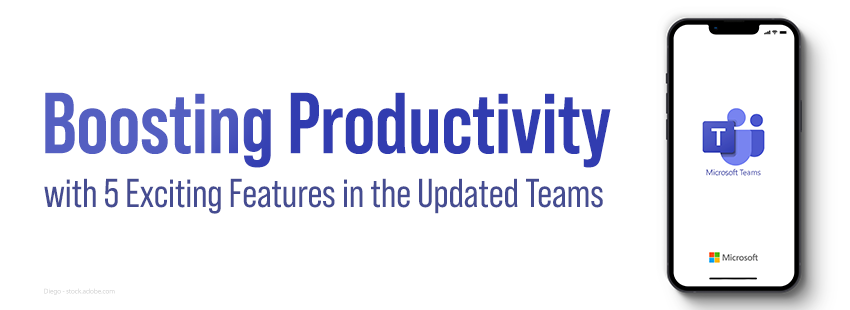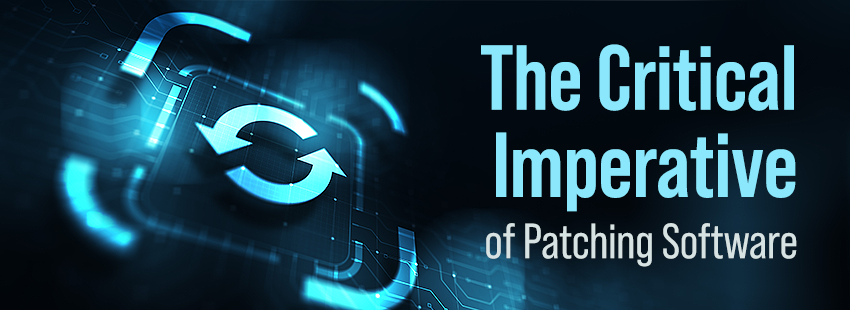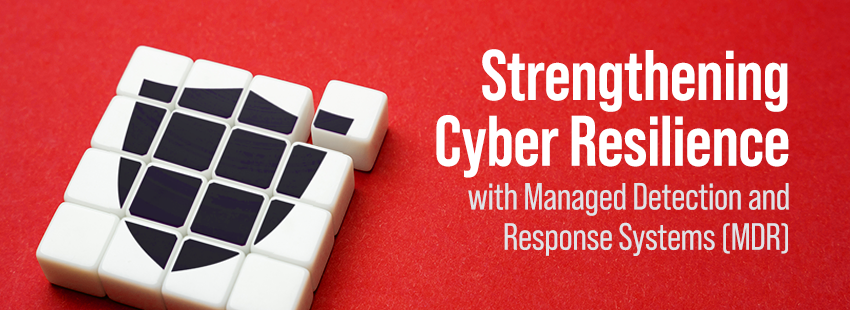The onset of Covid-19 forced millions of people to work from home, prompting cyber-attacks to reach an all-time high in 2020. Because of this shift, organizations across every industry are more vulnerable to data breaches than ever before, making it easier for hackers to go to work on their systems.
Cybersecurity threats are dangerous to businesses’ information and they’re costly. According to an article published on November 23, 2020 by SecurityInfoWatch.com, “In 2020, a company was attacked every 11 seconds. The costs from these attacks will reach around $20 billion in 2021.”
With a hefty reward on hackers’ minds, many breaches are achieved through ransomware. In the last year, high profile ransomware cases sparked news headlines – proving cybercriminals will stop at nothing to get their hands on information. As more companies move into remote working environments, it’s essential for them to invest in building a sound cybersecurity posture. Without one, it will only be a matter of time before a ransomware event occurs, thus leaving them with no other choice but to pay.
Here’s What You Need to Know:
What is ransomware?
Ransomware is a type of malware designed to infiltrate a company’s network, encrypt its data, and lock out users until the ransom is paid.
The level and type of attack can present itself in numerous ways. Sometimes a user will receive endless pop-up alerts they can’t click out of, or sometimes their computer shuts down. Regardless of how the attack is launched, the user’s data will become almost impossible to access unless they pay – and even then, the return of their information is not guaranteed.
Who is at risk?
Everyone. Large corporations have fallen victim to ransomware in the last year, as well as healthcare providers. A January 19, 2021 article by HealthITSecurity.com reports, “560 healthcare providers fell victim to ransomware attacks in 2020.”
PHI (Personal Health Information) is considered to be highly sensitive data, so it can be sold on the dark web for a lot of money. Since medical facilities experienced an increase in patient capacity due to Covid-19, hackers seized this opportunity to breach the influx of personal data – fully aware that providers can’t afford downtime and will likely pay the ransom to recover their PHI.
As a result, hospitals were among the biggest targets for ransomware last year.
One significant case occurred in Germany, where a patient died during an attack that disrupted emergency operations. The November 12, 2020 article by MIT Technology Review says, “while ransomware disrupted emergency care at the facility, police launched a negligent-homicide investigation and said they might hold the hackers responsible. The case attracted worldwide attention because it could have been the first time law enforcement considered a cyberattack to be directly responsible for a death.”
If hospitals continue to experience an increase in data breaches, officials warn it won’t be long before a ransomware attack jeopardizes patients’ lives.
For companies like Kia Motors, ransomware did not threaten lives, but it certainly hurt their customers. The automaker experienced an attack in February when hackers demanded $20 million in exchange for the company’s files. The breach inconvenienced Kia’s customers by denying access to online services, meaning they couldn’t pay their car loans online or start their engines remotely. This was especially troublesome for people in regions that suffered record-breaking severe winter conditions this year.
“Ransomware attacks have steadily been increasing due to the success of their criminal operations by extorting companies for large financial gains,” reports the February 17, 2021 article on IndustryWeek.com.
Cybercriminals profit from large companies like Kia because of their multitude of online services that cater to customers remotely. Without a strong ransomware defense, these platforms are weak entry-ways into a company’s overall system. The downtime alone cost Kia millions, even without paying the ransom. When companies lack proactive cyber hygiene solutions, hackers can easily gain access into their networks, costing them both money and customer satisfaction.
How can your business stay protected?
The most basic defense against ransomware begins with your employees. It is necessary for businesses to increase the awareness and train employees on how to recognize and steer clear of phishing scams and opening viruses that can lead to ransomware. In addition to awareness, companies need to focus on strong anti-virus and anti-malware solutions along with state-of-the-art firewalls and continuous network monitoring.
Company education is required to keep the risk of ransomware low, however, it isn’t enough. A February 7, 2021 article on comparitech.com found “almost two-thirds (65 percent) of U.S. organizations experienced a phishing attack in 2020.” Even with proper training, malicious emails can be hard to detect. Without a strong IT strategy alongside employee awareness, hackers will still find ways to encrypt or steal data.
That’s why companies are turning to outsourced cybersecurity partners to effectively block threats that could harm their business. Outsourced IT partners are in demand because they give businesses access to high-level protection at a low-cost. Their teams consist of industry experts who automate tasks such as routine backups, software updates, and system testing to detect vulnerabilities. This is done across a company’s entire network, so remote employees aren’t left to fend for themselves.
Most importantly, a strong cybersecurity partner will develop an executable business continuity and disaster recovery plan to restore data in the event that a breach occurs – which means businesses never have to pay ransom to retrieve their information.
Conclusion
Unfortunately, the increase of cyber-attacks is another consequence businesses have to face as a result of Covid-19. Ransomware cases such as the German hospital and Kia Motors exemplify the lengths hackers will go to steal information and hold companies for ransom. As data breaches continue to rise in 2021, it is necessary for businesses to educate their employees and implement a cyber hygiene solution.
Finding a reliable and experienced cybersecurity partner can make or break a business’ ransomware defense. With Infoaxis, businesses benefit from a partnership that completely transforms their IT strategy through innovative programs designed to repel ransomware and cyber-attackers. Infoaxis’ IT professionals come onsite to train employees on cybersecurity threats and protection – giving businesses all-in-one access to the best cyber hygiene strategies.
When lacking the proper education and IT resources, there’s only so much time before hackers breach businesses’ data. That’s why it is important for every business to invest in a cybersecurity partner to keep ransomware out of their systems.
To learn more about the importance of cybersecurity and protection for your business watch this short clip here.

About the Author
Carly Russo is a versatile content writer experienced in authoring marketing pieces on various topics including music, lifestyle, and cybersecurity and IT solutions.





